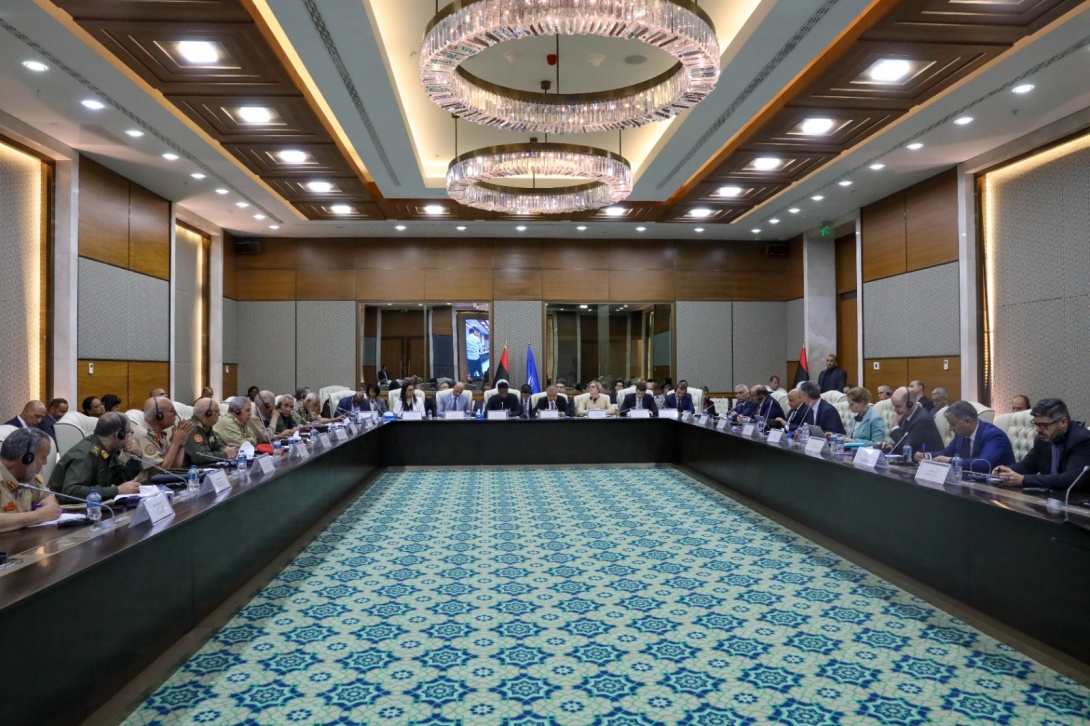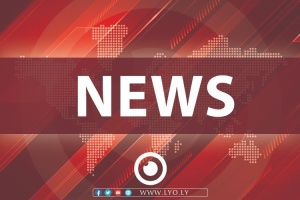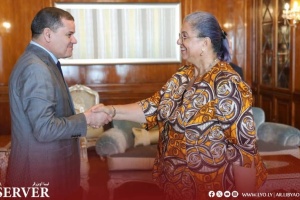The Special Representative of the Secretary-General for Libya, Abdoulaye Bathily, co-chaired on Wednesday – along with Türkiye – the first plenary session of the Security Working Group of the Berlin Process International Follow-Up Committee on Libyan soil.
Meeting participants included members of the Joint Military Commission (JMC 5+5); additional co-chairs, including ambassadors to Libya from the United Kingdom, and the African Union and the chargé d’affaires of the French and Italian embassies in Libya; ambassadors and representatives from Russia, Algeria, Egypt, Germany, the Netherlands, Switzerland, the United Arab Emirates, and the European Union. Representatives from the United States and the League of Arab States joined via remote video conferencing technology.
Bathily said he hoped the meeting would be the first among a series of security working group meetings that could be held in different regions of Libya.
“This will certainly contribute to advancing the political process and to create a conducive environment for holding free and inclusive elections in 2023, with results accepted by all parties.” Bahily said.
The UN envoy to Libya also indicated that formidable challenges “remain ahead for Libya on its path to elections, including ensuring a safe and secure environment, addressing the issue of armed formations, advancing national reconciliation and transitional justice, and protecting human rights and international humanitarian law.”
Bathily spoke about the recent work of the JMC 5+5 in bringing together security and military actors in Tripoli and Benghazi, saying: “We should not downplay the achievements secured so far – especially in advancing dialogue on the withdrawal on foreign fighters and mercenaries.
He indicated that positive momentum is building. Prisoners have been released. Families are being reunited, adding that “This gives a moral boost to Libya’s citizens – but we need more. We need a unified country with civilian and military leaders working together to preserve the territorial integrity of the country, physically and morally rebuild the country and wash the hearts and minds of the country’s people of the sentiments of hatred and mistrust.”
Bathily also stressed that elections would not resolve all the problems in Libya, but they would be the gateway to a better future, vowing support of the UNSMIL and international partners.
The Turkish Ambassador to Libya, Kenan Yilmaz, who co-chaired the meeting alongside Bathily, expressed hope that the Solutions Working Group meeting would be “the first of many meetings that will take place in Libya, rather than just an exception.”
Yilmaz added that the very fact that the Solutions Working Group was able to convene inside Libya validated the remarkable progress made by the patriotic Libyan generals attending the meeting.
The Security Working Group emanated from the Berlin Process for Libya, a multi-track UN-facilitated process, hosted by the German government and UNSMIL in 2020, to forge a consensus among concerned member states on the Libyan crisis and provide an international umbrella to protect intra-Libyan discussions about the future of the country.







